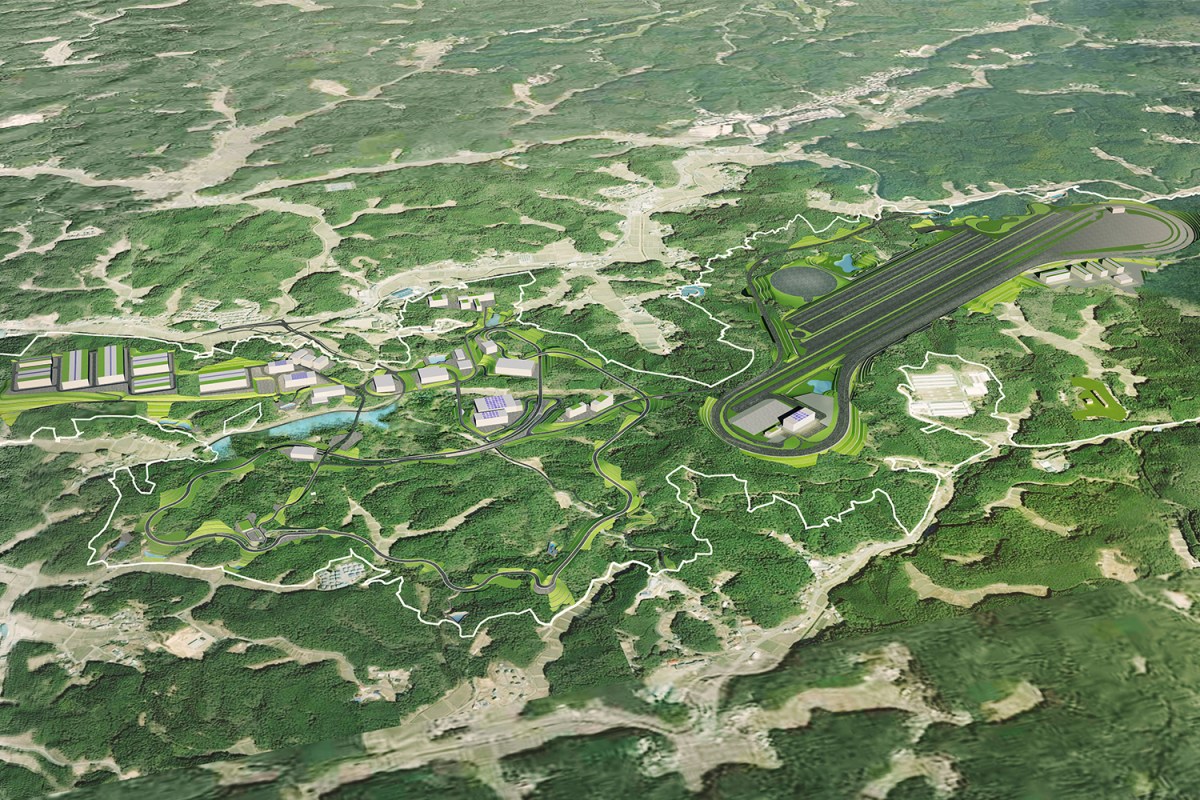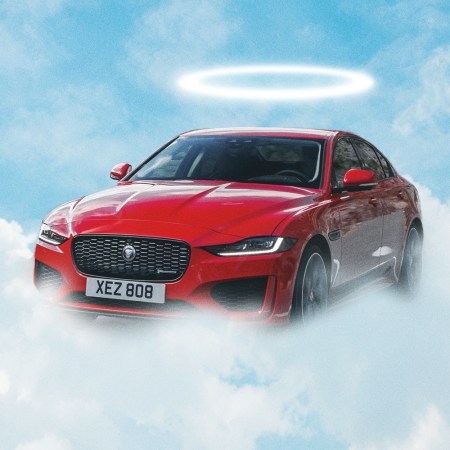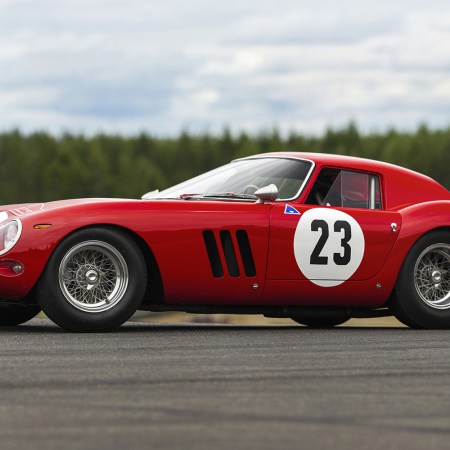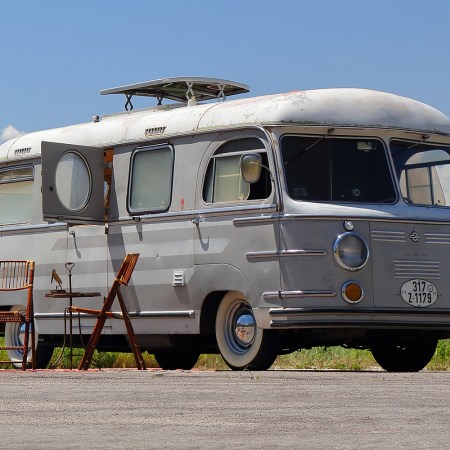Editor’s Note: RealClearLife, a news and lifestyle publisher, is now a part of InsideHook. Together, we’ll be covering current events, pop culture, sports, travel, health and the world.
Germany’s Nürburgring complex is the most famous race track in the world. Not only does it play host to legendary competitions, including the grueling 24 Hours of Nürburgring, it’s the testing ground for so many car companies that there are YouTube channels dedicated to getting spy shots from the sidelines.
Toyota is one of those companies. But instead of continuing to haul its automotive wares back and forth forever, the automaker built its own mini version of the Nürburgring Nordschleife in Japan.
On Thursday, the company announced completion of the “country road test course” section of the Toyota Technical Center Shimoyama, a new $2.68 billion research and development facility located in a mountainous area outside Toyota City. That section is directly inspired by Germany’s track, with grueling terrain and surrounding greenery (the Nürburgring’s nickname is “The Green Hell”). But it’s downsized to 3.3 miles (as opposed to the original’s 12.9 miles) and just 246 feet of elevation change (versus 1,000 feet).
Apart from Toyota Motor Corporation’s testing, President Akio Toyoda has another connection to the track: it’s where he “cut his teeth as a competitive driver,” notes Automotive News.
In a statement, Toyoda says that this new facility is influenced by years of global driving tests. Furthermore, he says, “Based on such experiences, we have replicated a variety of roads in the world at the new test course … we intend to thoroughly hone every one of our models and develop the types of cars that epitomize the true joy of driving.”
Toyota hopes the complex will be fully operational by 2023, with other sections (a high-speed test track, specialized courses replicating roads from around the world and vehicle development centers) currently in progress.
Thanks for reading InsideHook. Sign up for our daily newsletter and be in the know.


















